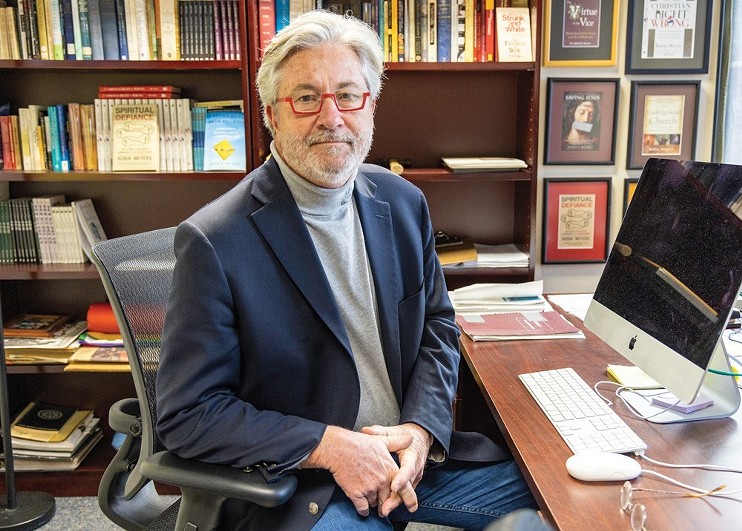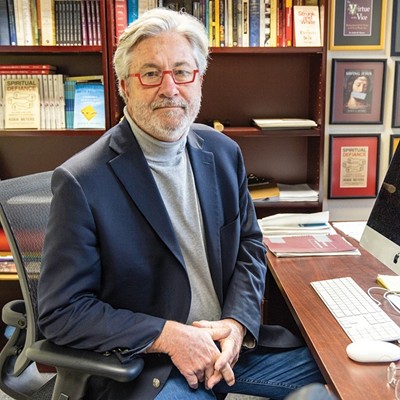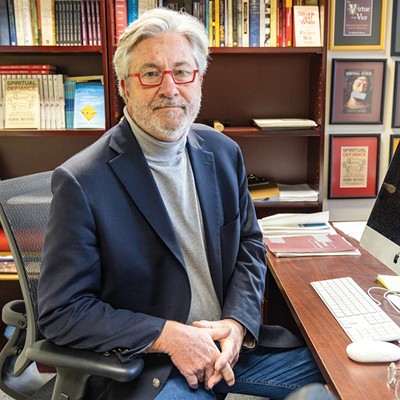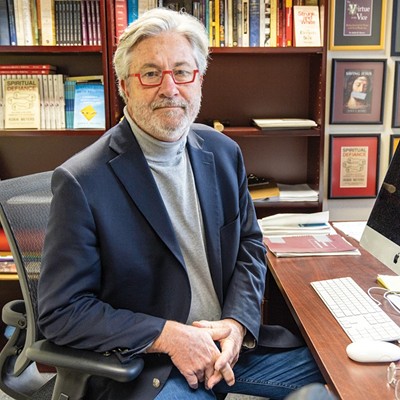Word came this morning that Palestinian militants launched the largest surprise attack on Israel since Yun Kippur in 1973 and the two sides are now at war. More than 2,000 rockets have been launched into Israel, and communities bordering the Gaza Strip have been invaded and occupied. By the time you read this, Israel will have responded with the most devastating blow to Palestine in its history. The days ahead will be horrific, and as always civilians will pay the cost of this never-ending violence in the ancient city of kings, home to the world’s three Abrahamic religions.
Israel is itself in crisis, as Netanyahu, a convicted felon, has sparked massive protests over moves to eviscerate the nation’s judiciary, and settler violence in illegally occupied territories has continued unabated as have attacks against militants. As the U.S. prepared to help broker a historic deal to normalized relations between Saudi Arabia and Israel, the crisis deepened, and the hope for a two-state solution, which was always a diplomatic fiction, now officially no longer exists. There is nothing more dangerous than an entire population with nothing left to lose. The West Bank and Gaza strip have long been accurately described as the world’s largest open-air prisons. The conditions under which Palestinians live is also accurately described as apartheid.
The U.S. relationship with Israel is both absolute in its allegiance and profoundly hypocritical in practice. We supply both the largest amount of foreign aid to Israel of any country in the world, and almost every piece of military hardware to a small religious state that, like the U.S., grows more authoritarian — and less democratic — every day. The unending violence has created Palestinian terrorists because that’s what violence and hopelessness guarantees. Consider our response to 9/11 and you realize that no one should be surprised that violence begets violence, and thus this war was inevitable.
Now what? That’s what we have been asking for decades. Peace in the Middle East is both an obsession and an illusion. At this moment it has never been further away, and what happens in the weeks and months ahead can light the whole region on fire. When the U.S. declared war on terrorism, George W. Bush focused on the countries that harbored them, not on the conditions that created them. Trying to bomb your enemies out of existence only creates more enemies. After we invaded Afghanistan, which 20 years later is far worse than it was before, and then Iraq, so we could drill for oil, the number of terrorist incidents worldwide increased ten-fold. We lost the war we had declared, and then lost each of the wars we fought to win it. Every Arab terrorist organization cites the unresolved Israeli/Palestinian conflict at the top of their list of grievances.
Every prophet from every world religion has spoken with one voice against violence. There is no end to it until we choose the ways of peace. The approach of the world’s most powerful nations has mostly been to quarantine the “enemy” or frighten them into submission—not to figure out how to live with them on the same shrinking planet. That’s why the bombs are falling this morning and why they will never stop.
God help us all.
The Rev. Dr. Robin Meyers is pastor of First Congregational Church UCC in Norman and retired senior minister of Mayflower Congregational UCC in Oklahoma City. He is currently Professor of Public Speaking, and Distinguished Professor of Social Justice Emeritus in the Philosophy Department at Oklahoma City University, and the author of eight books on religion and American culture, the most recent of which is, Saving God from Religion: A Minister’s Search for Faith in a Skeptical Age.
Visit robinmeyers.com












